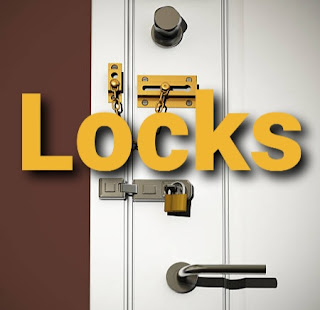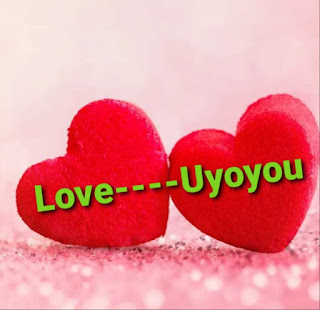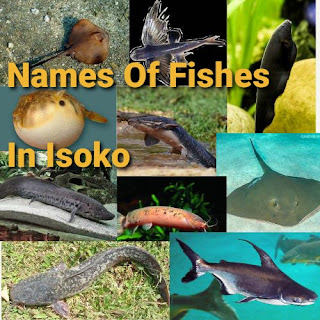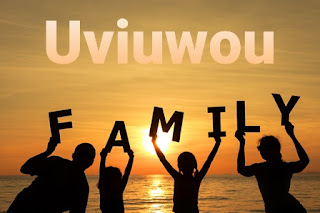Locks (Learn Isoko Language Part 26)

Locks Lock.....Usiavẹ/Ugodi Key.....Usiavẹ/Ugodi Ọmọ Ugodi/ọmọ usiavẹ Door Hinges....Ikeleku Door....Ẹthẹ Door Handle....Obọ ẹthẹ Conversation With Locks Lock....Kare/Kae Close...Kare/Kae Lock the door Kare ẹthẹ na Open...Rovie Open the door Rovie Ẹthẹ na I cant open the door Mẹ be sai rovie Ẹthẹ na ha The door could not open Ẹthẹ na ọ be rọwo rovie he I may break the lock O wọhọ nọ mẹ te kpra uisavẹ na You left the door wide open Who kpe ẹthẹ na fihọ Close the door (withouth locking with Keys) Si ẹthẹ na họ We appreciate you all. Continue to come for more post. Tell us how you feel in the comment section. And if you want to make a donation to support us to keep making more lessons and vidoes send an email to aodomero@gmail.com. Thank you! © Copyright 2022 by Amugini Odomero










